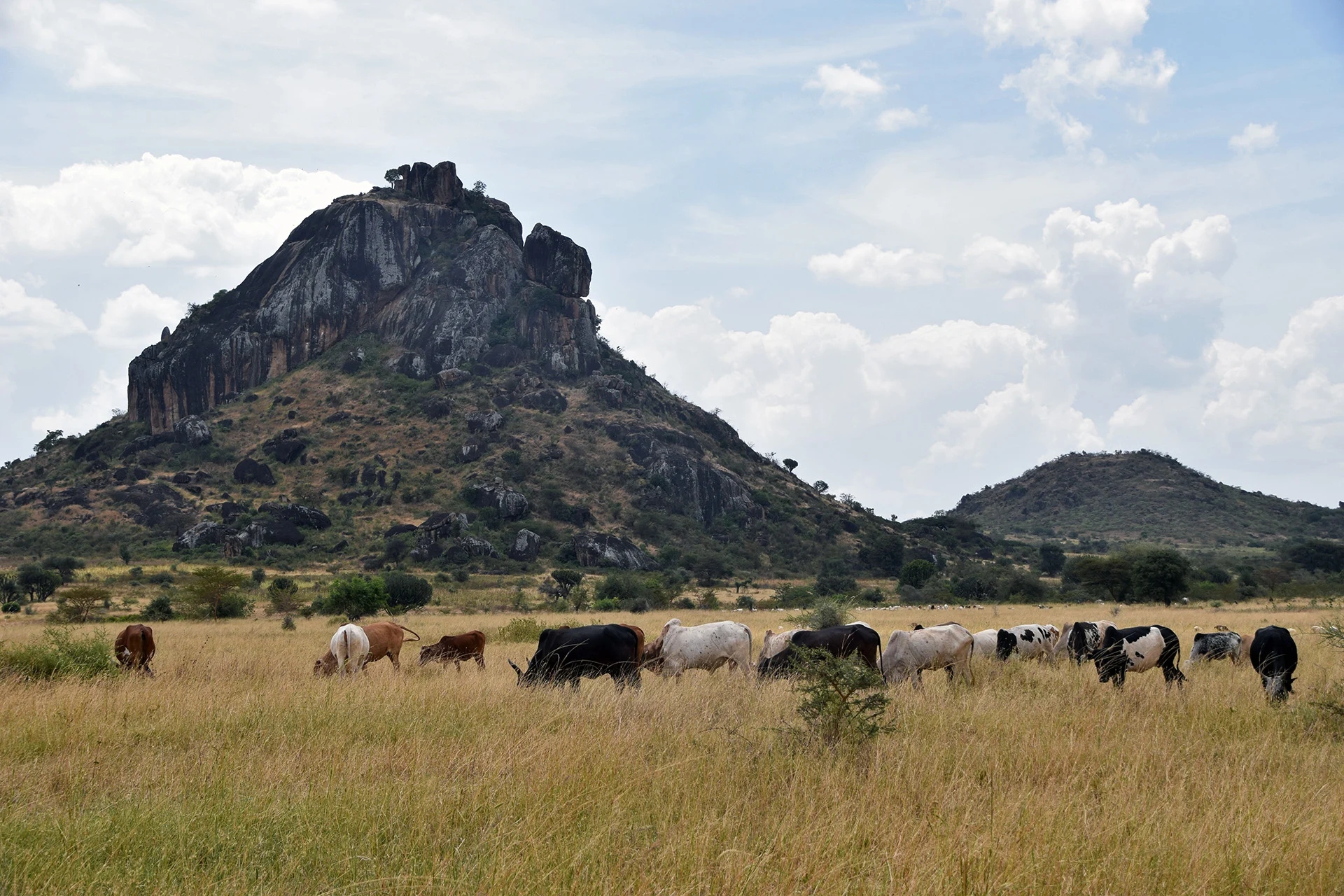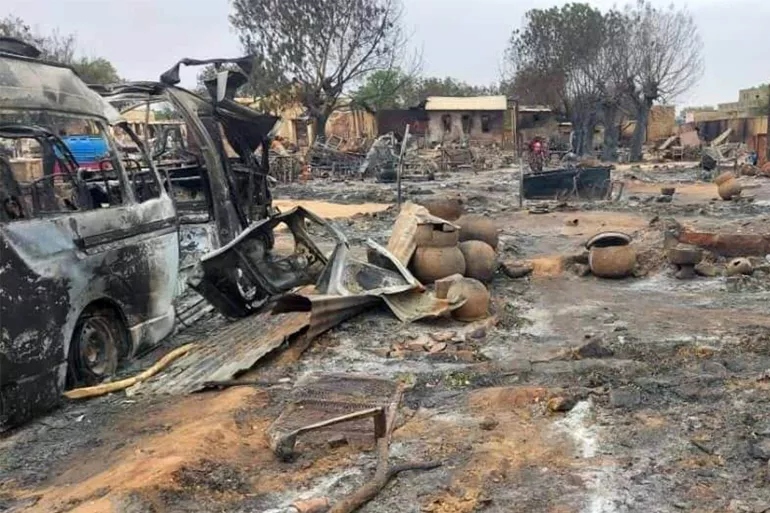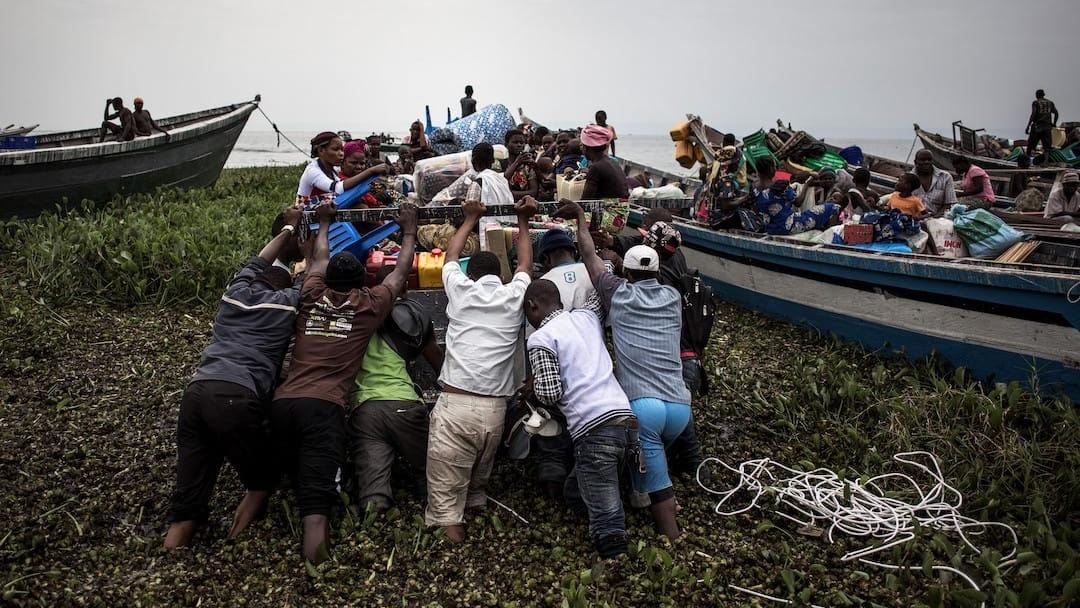Uganda’s Battle with Cattle Raiders Divides Karamoja Communities
In Uganda's Karamoja region, a prolonged battle against violent cattle raiding is gradually easing thanks to a relentless, informer-driven disarmament campaign by the army. Yet, as stability returns, deep-rooted divisions within communities are surfacing, fueled by class disparities, intergenerational tensions, and animosities between raiders and government collaborators.
Livestock raiding, historically driven by interethnic competition, was integral to Karamoja's agro-pastoral economy. However, recent decades have witnessed significant economic shifts, including the rise of a cash economy and the commercialization of raiding, altering the dynamics of conflict. The army's tactics, transitioning from collective punishment to intelligence-based operations, have contributed to intra-communal discord, evident in ominous songs and pervasive mistrust.
The changing political economy has seen raiding evolve into a more individualistic pursuit, with armed raiders targeting their own communities and collaborating across ethnic lines. This shift, facilitated by mobile communication and financial incentives, has blurred the boundaries between raider, collaborator, and informant, leading to heightened suspicion and violence within communities.
The rise of informers, cultivated by military intelligence, has further exacerbated tensions, with accusations of false information and extortion rife. Even local peace committees, originally formed to foster reconciliation, have become embroiled in allegations of corruption and collusion with raiders, highlighting the complexity of the situation.
Despite recent efforts at peacebuilding, traditional approaches focused on inter-ethnic reconciliation overlook the internal divisions exacerbated by changing economic incentives and the use of informers. As the region grapples with these challenges, it is crucial for peacebuilding actors to adapt to the evolving political economy and address the blurred lines between conflict actors.
At this critical juncture, acknowledging the significant changes to Karamoja's political economy and the complexities of intra-communal divides is imperative for effective peacebuilding. Only by understanding and navigating these intricacies can lasting peace and reconciliation be achieved in the region.










.jpg)